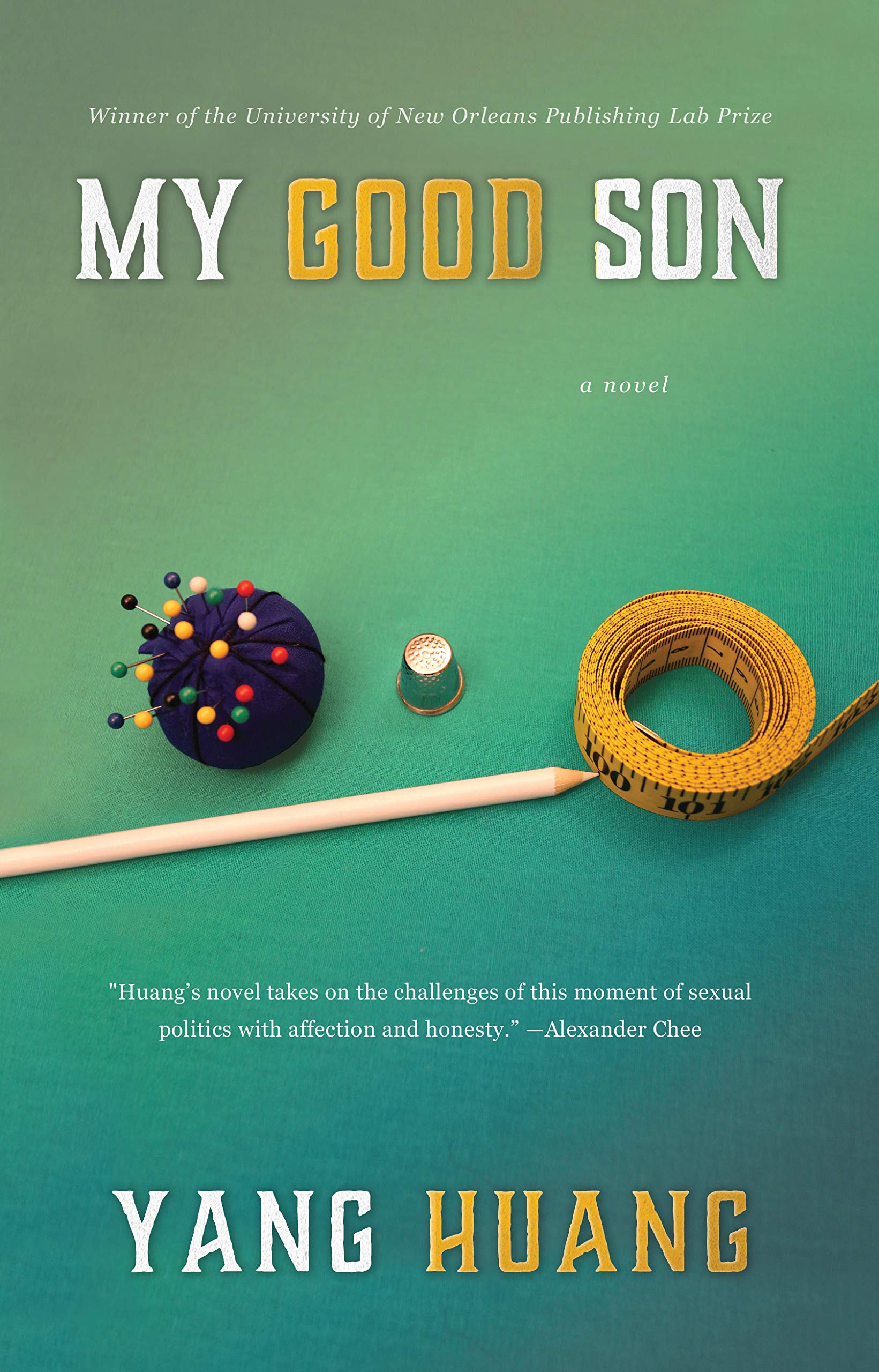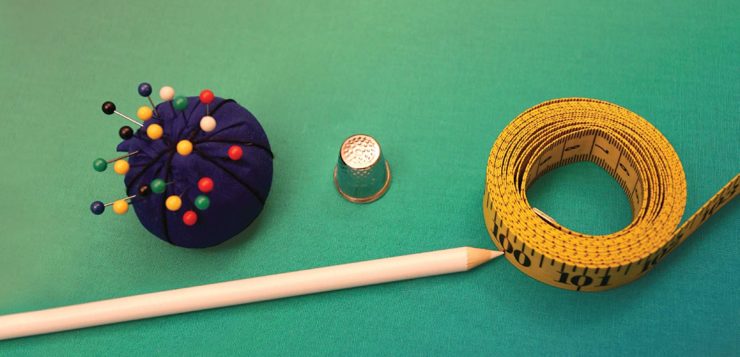 MY GOOD SON
MY GOOD SON
by Yang Huang
Univ. of New Orleans Press. 304 pages, $18.95
“WHO WOULD ever want to become a parent, if he knew every trouble ahead?” asks a character toward the end of Chinese-American writer Yang Huang’s new novel, My Good Son. The year is 1990, a year after the Tiananmen Square demonstrations. People feel it is “pointless … to be burdened with the romantic notion of a democratic China.” The focus now is on each person “getting ahead in whatever way possible.” A college diploma has become essential for advancement. Under these circumstances, there cannot be a moment of peace for an ambitious young Chinese person, or for the ambitious father of a young Chinese person.
One day, a blond, blue-eyed American with androgynous features and a body that nicely fills out his shirt comes into Mr. Cai’s shop looking to have a suit made. The young American, Jude Darling, has been studying in China for three years and is fluent in the language. Mr. Cai, desperate to do whatever he can to make Feng successful, sees an opportunity to set his son on the path to advancement. He decides to ask Jude to sponsor Feng for admission to an American university.
A complication arises when Jude tells Mr. Cai he is gay. The news throws the bewildered father off guard until Jude concocts a story: he will tell his parents, who are coming to China for a visit, that Feng is his good friend and needs their sponsorship for a visa. This is all “brand new territory” for poor Mr. Cai, who finds himself wrestling with entrenched fears and prejudices. What if Feng comes to admire—or even become infatuated with—Jude, he worries. Would his only son “fall prey” to Jude’s charms? Gradually, Mr. Cai accepts Jude as a kind of second son. He concocts a ruse of his own in order to help Jude’s parents, conservative Southern Baptist, accept that their son is gay. He tells them that Feng, too, is gay, and that “doesn’t make me love him any the less.” Secretly, though, he wonders if he could ever accept Feng as a gay man.
The complications multiply. Little Ye reveals that she is pregnant with twins and that Feng is the father. Mr. and Mrs. Cai are willing to accept Little Ye as their daughter-in-law, but Feng selfishly wants to sever any ties with the young woman, who now can only be an encumbrance to his worldly dreams, so as to marry his new, more socially acceptable girlfriend, Jiao. “You are faced with a major life decision,” Mr. Cai tells his son. “I want you to act in good conscience. You had a real bond, and she made sacrifices for your sake. Think about how you would wish to be treated if you were her.” Feng angrily retorts: “All my life I have wanted to explore and make my own mistakes, but you never let me.”
As the novel builds to its climax, Yang Huang piles on the suspense. Will Feng do the right thing? Will Mr. and Mrs. Cai allow their son to define success on his own terms? Will Feng’s intentions to run away to the U.S. solve his problems? And what will happen to Little Ye and her soon-to-be-born twins?
Among the pleasures of this book are the details of daily urban life in China that Huang weaves into her narrative. We eavesdrop on a working-class neighborhood: the courtesies and sly competitive feints between neighbors, the “arms race to amass privilege for your child,” the industrious workings of a tailor’s shop, the problems of getting a visa to the U.S. Most delightful of all are the many references to food. A chapter does not go by without the mention of another traditional dish: pork and shepherd’s purse wontons, cauliflower and shiitake mushroom stir-fry, yellow croaker and tofu soup, three-treasure buns, streaked pork stewed with peanuts and lily flowers, all washed down with copious amounts of tea or a special glass of green bamboo leaf liquor. For dessert there’s lychee ice cream or red bean and lotus seed soup.
This is Yang Huang’s third prize-winning book of fiction. It’s a well-made novel written in clear, straightforward prose. Huang deftly manages all the strains of her complex plot, which proceeds with the efficient light touch of a Chinese soap opera. Her themes are important ones—conformity, secrets, women’s rights, family cohesiveness, and the duties and obligations we owe to each other. She neatly wraps up all the loose ends, brushes away the red herring of Feng’s alleged homosexuality, and delivers.
Why this novel is titled My Good Son puzzles me, for the truly “good” character is Mr. Cai, the father, who, challenged as he is by his son’s many mess-ups, learns patience, forbearance, and level-headedness. As he says in the closing pages: “Chinese people mostly rely on morals and conscience. To us, laws are inferior to common sense.” Huang’s novel is a love song to Chinese common sense. ____________________________________________________






